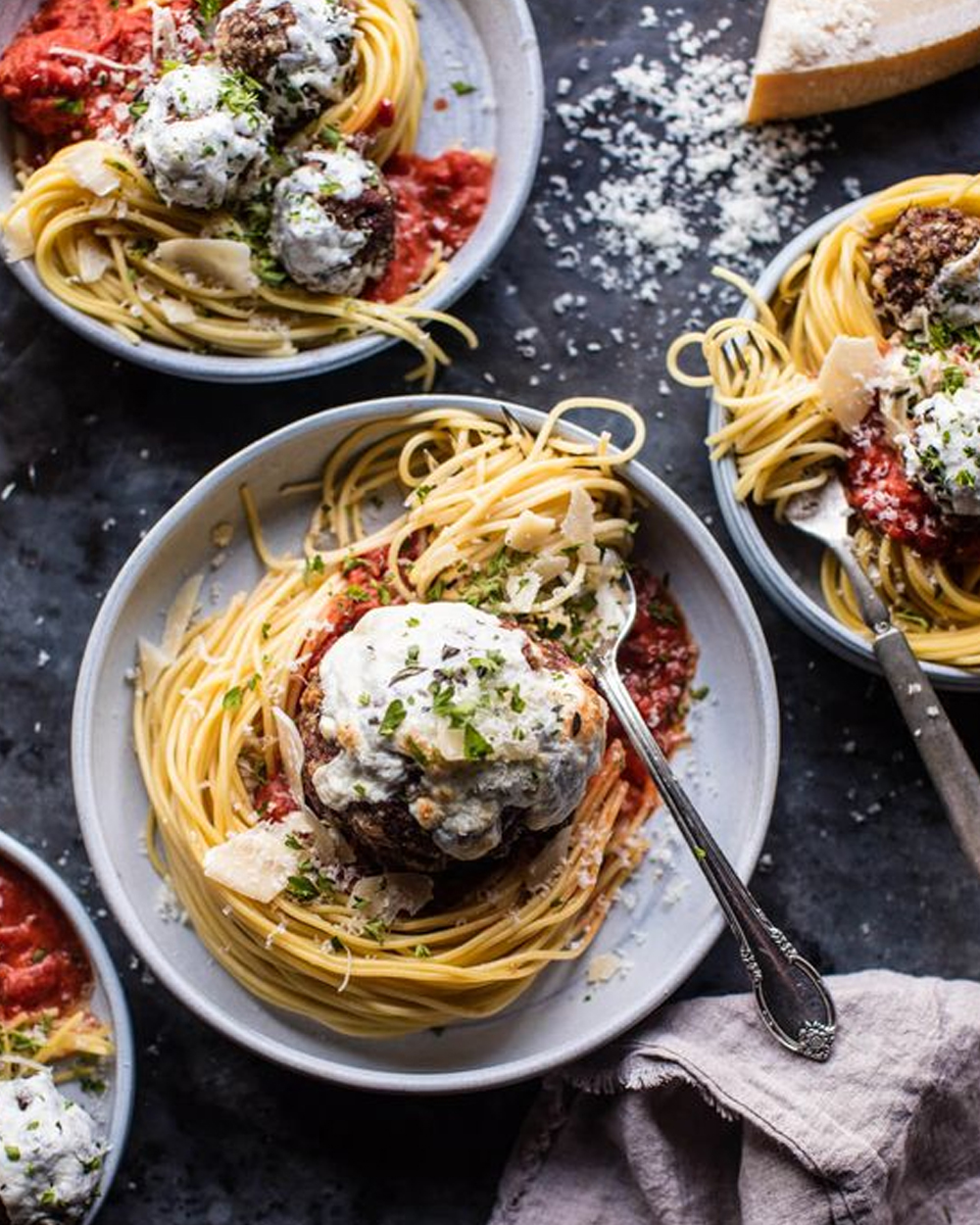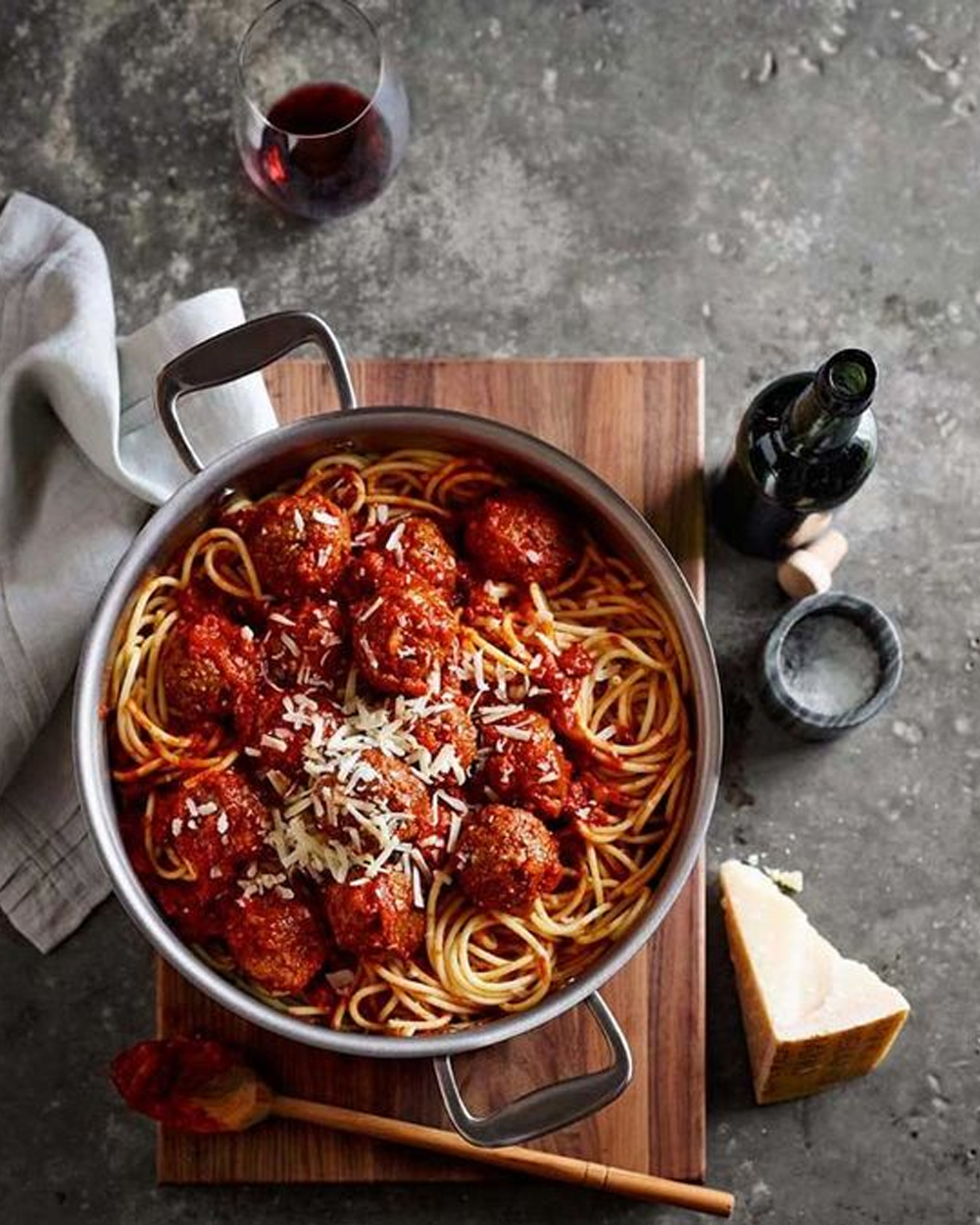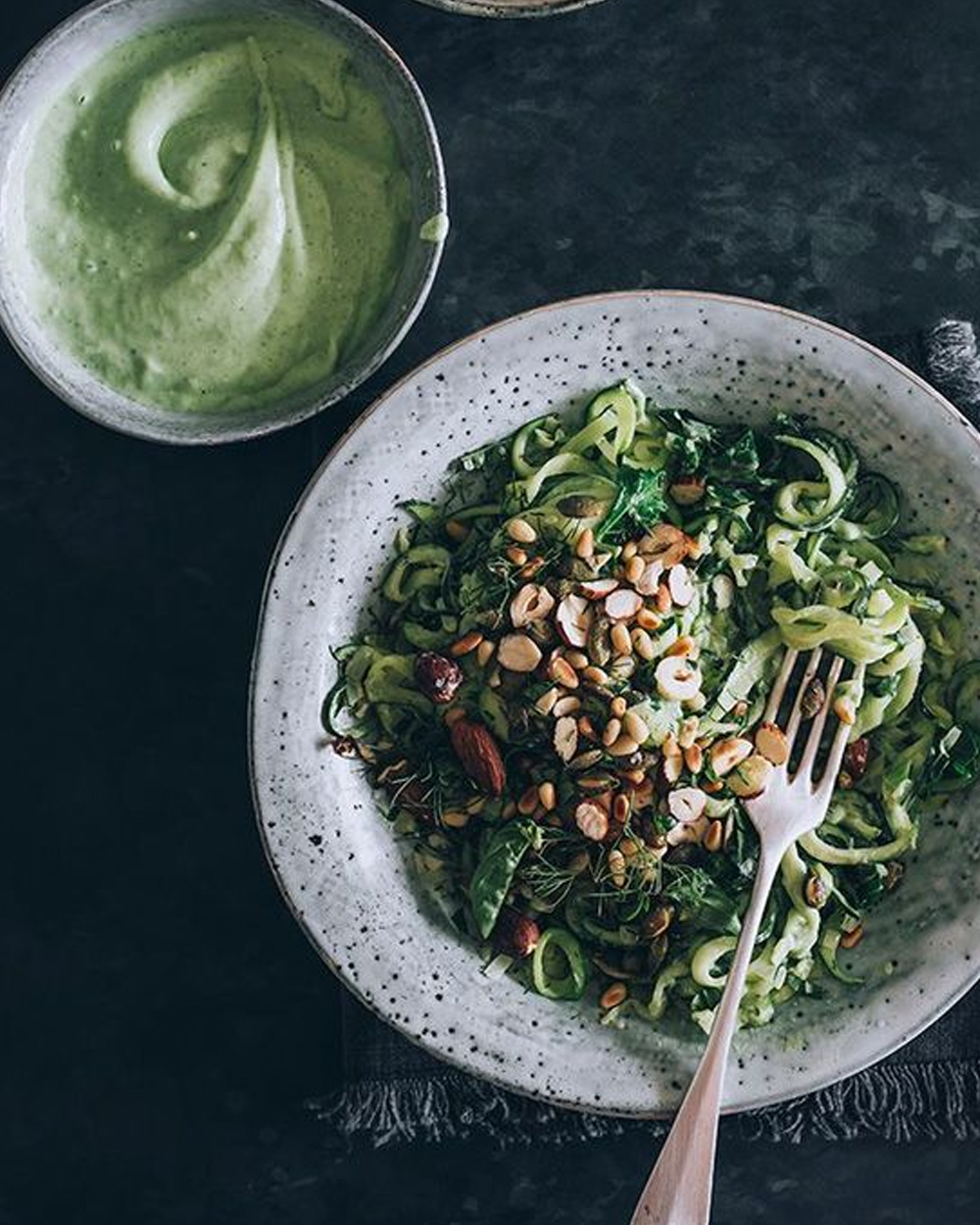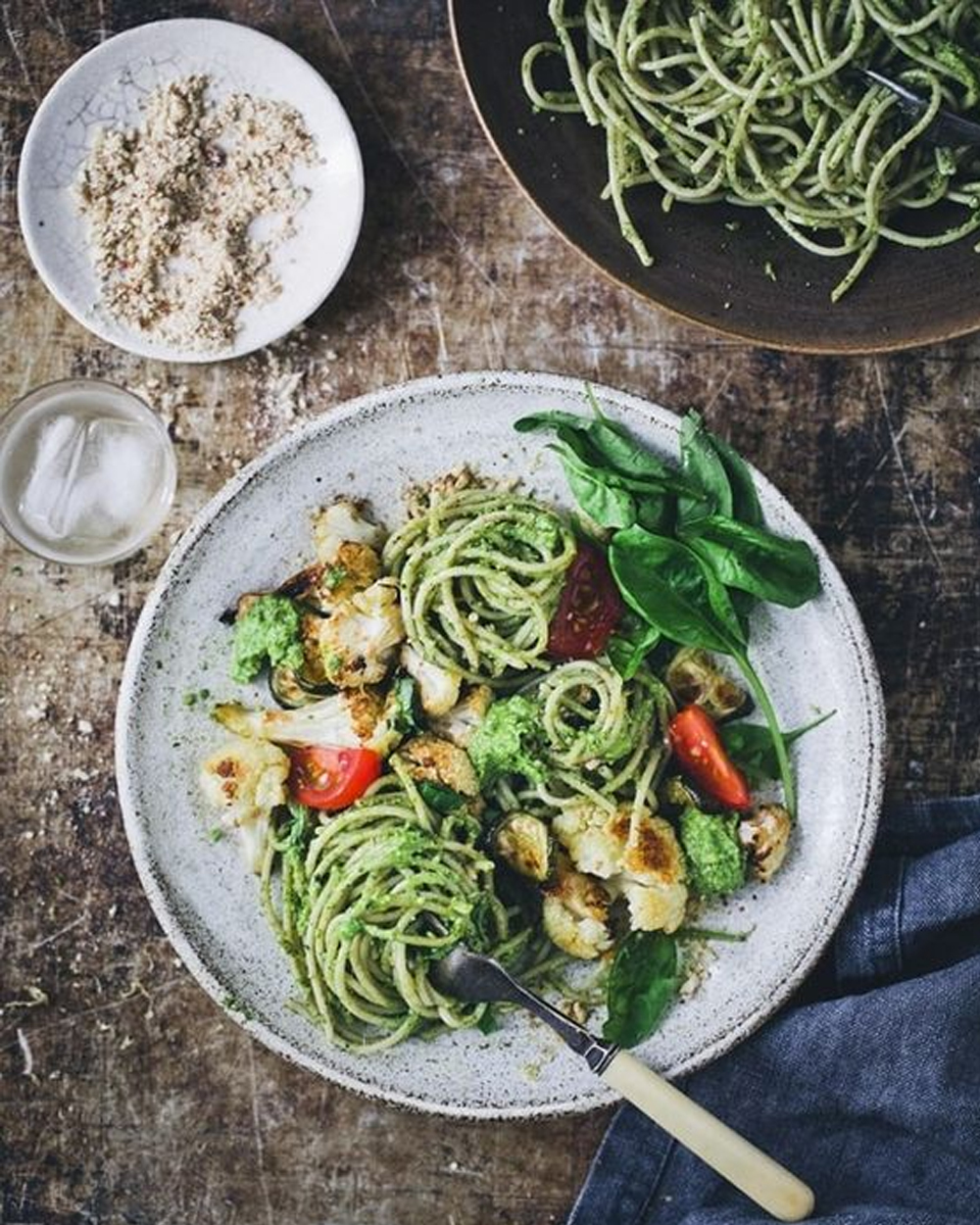Hold on to your bowl of spaghetti bolognaise because the latest research suggests that eating pasta equals losing weight faster.
Conventional wisdom would have us believe that when it comes to shedding the pounds, carbs tend to be the enemy.
That was until the latest findings from the University of Toronto were published in the Britsh Medical Journal citing pasta as a ‘weight loss food’ when eaten as part of a low-GI diet.
Naturally, pasta lovers (hello, most of us!) around the world have relished in this newfound data dishing up coverage left, right and centre. But, with most ‘good’ news, we were apprehensive about its accuracy.
Here’s what we found:
What the study shows about eating pasta and losing weight
In response to the trending keto and other low-carb lifestyles, the paper looked at low-GI diets specifically, which focus on how eating foods which are low on the glycemic index (a measurement of how quickly a food’s carbohydrates are broken down into sugars) can affect someone’s weight and body measurements, specifically identifying whether eating pasta would cause weight gain.
Expecting the pasta to harm the participant’s BMI measurements and weight loss attempts, the study’s authors were surprised by the results.
“We didn’t see evidence of harm or weight gain, but it’s interesting that we did see some weight loss,” says study co-author John Sievenpiper, M.D., Ph.D in a press release.
Furthermore, even under conditions where the intention was for participants to maintain weight, they lost weight without trying, Sievenpiper points out.
They found that among the 32 trials which extended to about 2,500 people, participants who ate low-GI diets that included pasta, not only avoided gaining weight but often lost it—albeit an average of less than 2 pounds (approximately 0.9 kilograms).
So what’s the catch?
Science aside, the researchers were able to quantify the amount of pasta that participants ate in roughly one-third of the studies they reviewed. Of that one-third, the median amount of pasta eaten was 3.3 servings (at 1/2 cup per serving) a week. We don’t know about you, but we can’t remember the last time we ate less than half a cup of pasta at a restaurant.
In other words, their pasta portions were small.
“I wouldn’t want someone to take away that pasta doesn’t cause weight gain, under any circumstance”, says Sievenpiper. “If you consume too much pasta, it will be like if you consume too much of anything.”
The age-old saying of “moderation is key” does yet another round.
In addition to this, well, let’s be honest, anti-climax, the authors of the study also concluded that there’s a possibility that the weight loss could have resulted from a low-GI diet and not necessarily derived specifically from the pasta.
… And the good news?
The research strongly suggests that eating pasta and losing weight are not mutually exclusive (music to our carb-loving ears).
“I think people can lose weight on an ‘all foods fit’ type of diet,” says Natalie Rizzo, M.S., R.D., owner of Nutrition à la Natalie. “As long as someone eats a well-balanced diet with plenty of fruits, veggies, whole grains, and lean proteins, they can definitely lose weight.”
While the study stresses that more evidence is needed to determine if the weight loss from pasta can be extended into non low-GI diet plans, they remain enthusiastic about the results they’ve found so far.
“In weighing the evidence, we can now say with some confidence that pasta does not have an adverse effect on body weight outcomes when it is consumed as part of a healthy dietary pattern,” says Sievenpiper.
How can you eat pasta and still lose weight?
- Opt for bean-based or wholegrain pasta, which offer extra fibre and protein over the traditional varieties.
- Serve pasta primavera-style packed with veggies or a marinara sauce opposed to cream-based sauce.
- Include protein and healthy fats to your pasta dish.
- Add more vegetables where you can and maintain portion control.
- If you’re not making your pasta sauce from scratch, then look for pre-made ones with relatively smaller quantities of sugar and high-fat cheese.
Read next: Red wine has been proven to have another health benefit and we’re not mad about it








